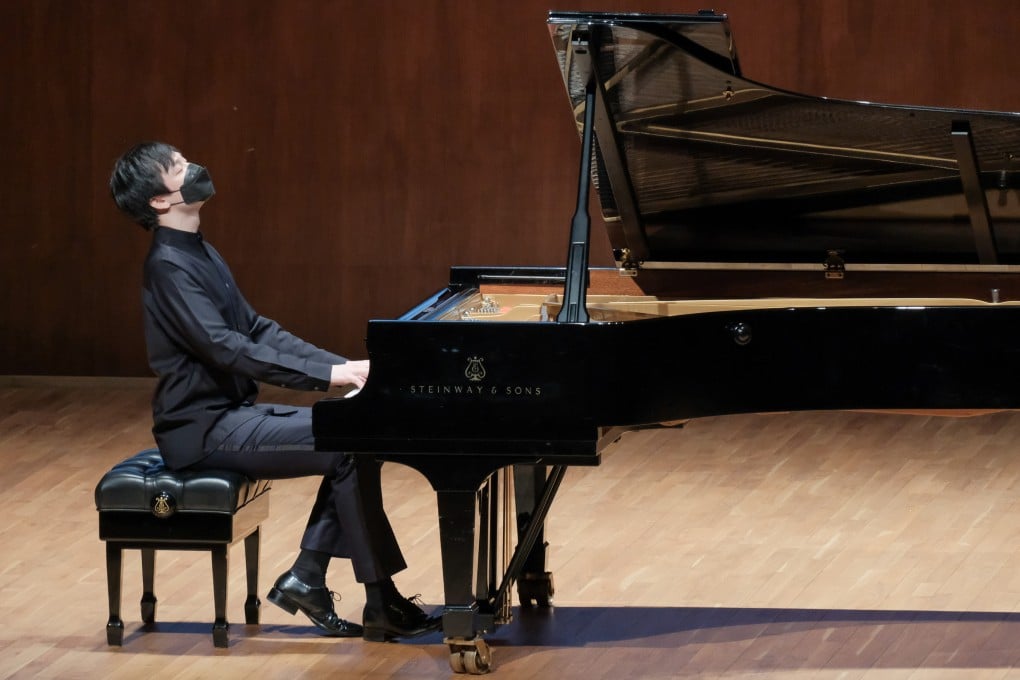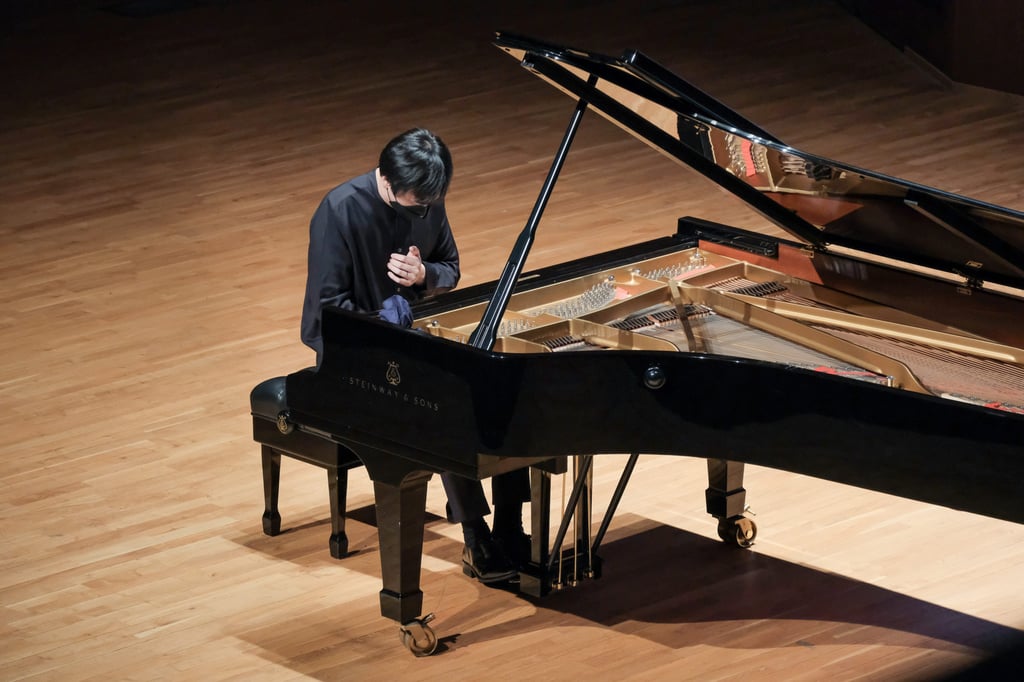Review | Pianist Chiyan Wong shows masterful touch in Bach-Busoni Goldberg Variations, but adds some questionable ornamentation
- Hong Kong-born virtuoso shows his musical gifts in performance of a Bach-tinged Mendelssohn work and two Bach transcriptions by Busoni
- The centrepiece of the recital, Busoni’s Goldberg Variations, featured playing of tenderness and beauty, and some additions of Wong’s own that grated

Anyone expecting a performance of Johann Sebastian Bach’s complete Goldberg Variations could have been forgiven for feeling like somebody who had turned up to the wrong wedding at Hong Kong City Hall on Monday evening.
This reviewer does not care for the Italian composer’s self-described attempt to “rescue this remarkable work for the concert hall” (a bizarre contradiction in itself), and finds its disregard of the repetition marks and its skipping over some of the 30 variations to make the Variations more “expedient” for public performance, among other changes, cringeworthy.
That aside, Wong’s interpretation offered intrigue, and moments of beauty and tenderness, notably in his gentle caress of the Aria opening and the Adagio of the 18th variation. It also featured some whimsical and questionable additions - sometimes it felt like he had simply reached into the romantic box of tricks for effect, such as with the overtly flippant flurries and annoyingly penetrating trills in the 12th variation.

The unusual and inauthentic ornamentation distracted from the musical lines, sometimes to the point of becoming nonsensical.
Still, even if Busoni’s version of the returning Aria, played at the end of the variations, is skeletal and strangely threadbare, Wong nurtured it with an ethereal touch and made it extremely delicate and eerily comforting.